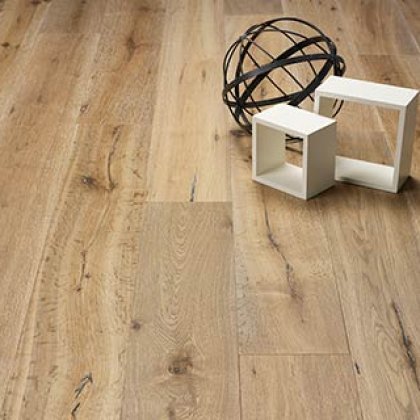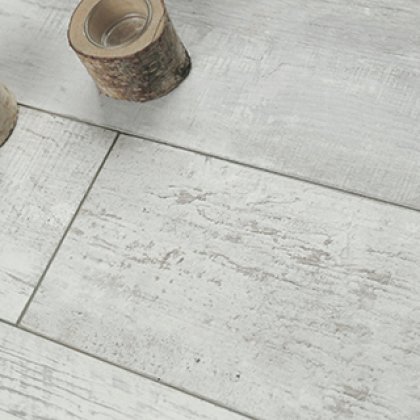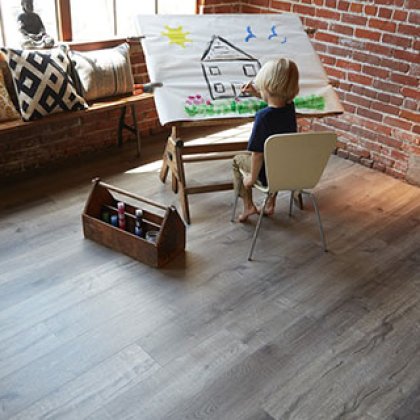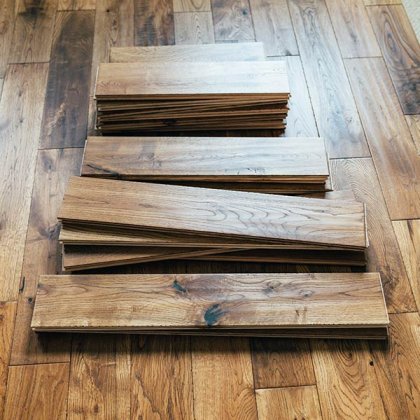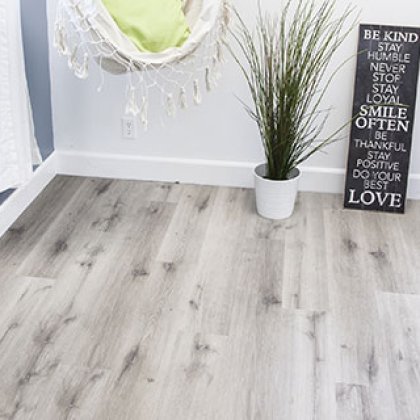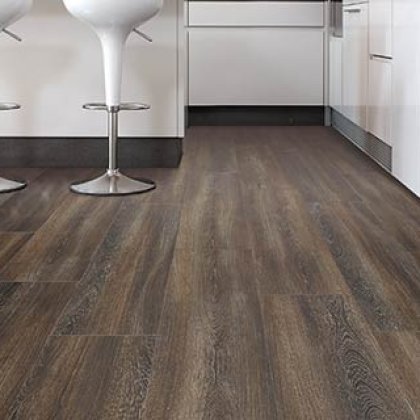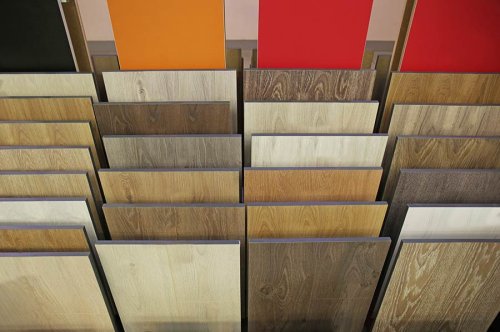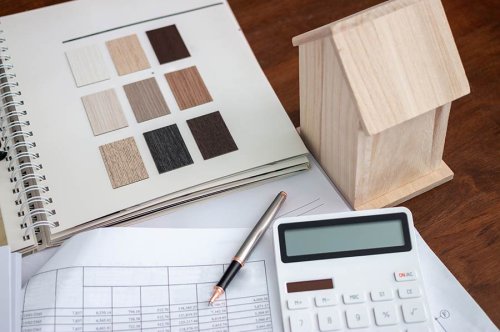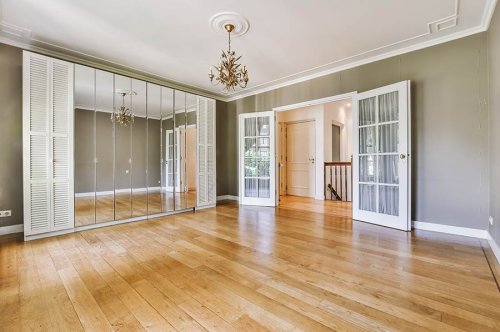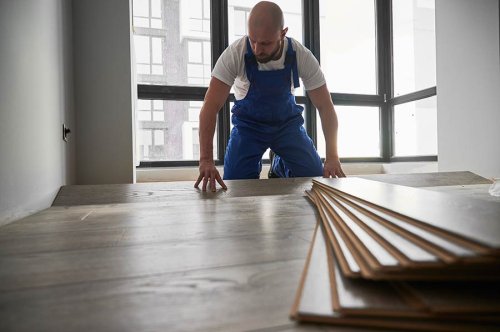Calculate Your Hardwood Floor Installation Costs Now
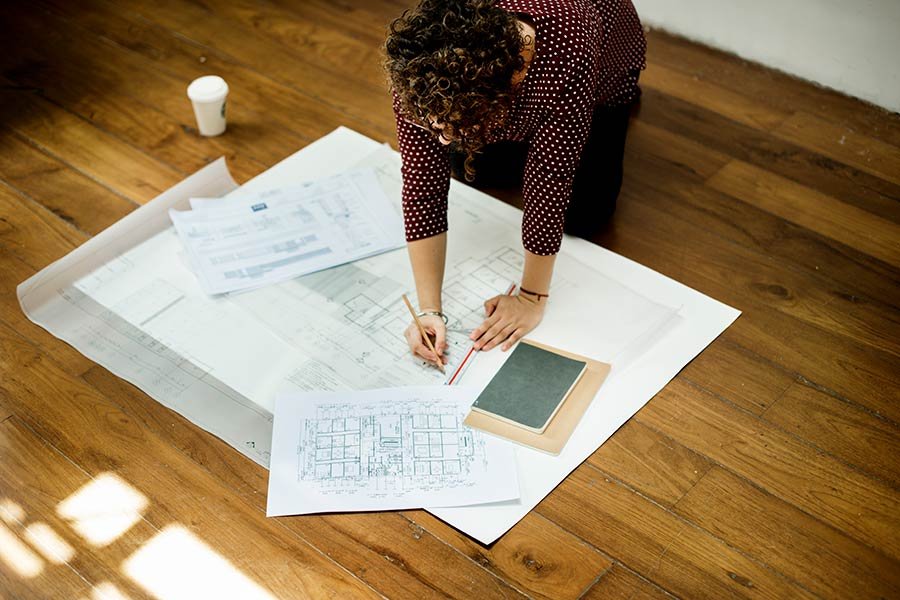
Ever wondered how much it really costs to bring the elegance of hardwood flooring into your home? Figuring out the expenses doesn't have to be a puzzle. With a hardwood flooring installation cost calculator, you can get a clear picture of your budget needs in just a few clicks. This tool is a game-changer for homeowners and renovators alike, offering insights that help make informed decisions without the guesswork. Dive into our guide to understand how this calculator works and why it's the secret ingredient to planning your flooring project with confidence.
Key Takeaways
- A cost calculator helps you understand the total expense of hardwood flooring installation by considering various factors.
- The price of installing hardwood floors can change based on room size, wood type, and labor rates.
- Using a cost calculator can guide you through the steps needed to estimate your project's cost accurately.
- Comparing different flooring options with a calculator shows which fits your budget and needs best.
- Follow tips for budgeting your project to avoid unexpected expenses and stay within your financial limits.
- Knowing these points ensures you make informed decisions about installing hardwood floors, saving time and money.
Benefits of Using a Cost Calculator
Save Time
Using a cost calculator helps you estimate project costs quickly. You don't have to guess how much wood you need or the price.
It does the math for you. This saves hours that you would spend doing calculations yourself.
Avoid Expenses
A cost calculator gives you accurate calculations. This means no unexpected expenses pop up.
You know exactly what you'll spend before starting. This helps keep your budget in check.
Make Decisions
With detailed cost breakdowns, making informed decisions becomes easier. You see all costs upfront.
This clarity allows you to choose materials and services wisely. It ensures your money is well spent on your flooring project.
Factors Affecting Installation Costs
Hardwood Type
The type of hardwood you choose greatly influences the overall cost. Oak, maple, and cherry are popular but vary in price. Exotic woods like mahogany cost more. Each type has its unique beauty and durability.
Hardwood variety affects both material and labor costs. Some woods are harder to install than others.
Area Size
The size of your space plays a big role. Bigger areas need more wood, which costs more. The layout can also affect the price. Complex layouts with lots of corners or stairs take more time and wood.
Larger spaces often get a lower price per square foot. This is because buying more often comes with discounts.
Labor Costs
Labor costs can vary a lot depending on where you live. In cities, you might pay more than in rural areas. The skill level of the installer also matters.
e regions have higher living costs, so labor is pricier. Always check local rates to budget correctly.
How to Use a Cost Calculator
Room Dimensions
To start, enter the dimensions of your room. This means the length and width. It's how calculators know how much flooring you need.
You type in these numbers. The calculator does its math magic.
Hardwood Type
Next, choose your hardwood. Oak, maple, or cherry? Each has a different price.
Your choice affects the cost. More expensive woods mean higher total costs.
Additional Costs
Don't forget extra expenses. Like underlayment and taking out old floors.
Underlayment is a layer below your hardwood. It helps floors last longer. Removing old flooring can be pricey. But it's necessary for new floors.
Add these costs in the calculator. It will update your total.
Total Cost
Now, look at the total estimated cost. This number helps you plan your budget.
It shows how much you might spend. Remember, it's an estimate, not the final price.
Comparing Different Flooring Options
Durability Lifespan
Hardwood floors are known for their longevity. Oak, maple, and cherry can last up to 100 years if cared for properly. They withstand daily wear better than softwoods like pine. Regular maintenance includes simple sweeping and occasional polishing.
Bamboo, though not a true hardwood, offers similar durability. It's tough against scratches and dents, making it a good choice for busy homes.
Initial vs. Maintenance
The initial cost of hardwood flooring might seem high. Yet, when considering the long-term savings, it's an investment. Hardwoods rarely need replacement and add value to your home. The upfront cost is offset by minimal maintenance expenses.
Laminates and vinyl offer lower initial prices but don't match hardwoods in lifespan or home value contribution. They may need replacing every 10-20 years, adding to long-term costs.
Aesthetic Appeal
Hardwood floors bring a warmth and elegance to any room. They come in various colors, grains, and styles, fitting different decor themes. Their natural look ages gracefully, enhancing the character of your space over time.
Comparatively, synthetic options like laminate can mimic hardwood's appearance but lack its unique textures and depth. They might not blend as seamlessly with all design aesthetics.
Tips for Budgeting Your Project
Realistic Budget
Setting a realistic budget is crucial. Use the hardwood flooring installation cost calculator to get an estimate. This tool helps you see the numbers clearly.
It's important to trust these estimates. They give you a clear starting point. Remember, quality flooring is an investment. It adds value to your home.
Extra Funds
Always set aside extra funds. Unexpected costs can pop up. It's better to be prepared.
Having a buffer is smart. It covers surprises during installation. This way, stress stays low, and your project keeps moving.
Financing Options
Consider different ways to manage expenses. Financing options can spread out the cost. Look into loans or credit offers that suit your budget.
Phased installation is another strategy. Install the flooring in stages. This approach eases the financial burden over time.
Final Remarks
Investing in hardwood flooring boosts your home's value and aesthetics. Our guide showed you how a cost calculator simplifies budgeting, considering all factors that affect installation costs. You learned to compare flooring options and got tips for budgeting your project effectively. This tool is your go-to for avoiding surprises and making informed decisions. Remember, smart planning leads to beautiful outcomes without breaking the bank.
Now, it's time to take action. Use the cost calculator to estimate your project's cost today. Start your journey towards stunning hardwood floors with confidence, knowing you're equipped with all the necessary information. Let's make your dream home a reality, one plank at a time.
Frequently Asked Questions
How can a cost calculator benefit my hardwood flooring installation project?
Using a cost calculator helps you estimate the budget accurately, ensuring you can plan your finances effectively and avoid unexpected expenses.
What factors influence the cost of hardwood flooring installation?
The main factors include the type of hardwood, the size of the area to be covered, labor costs, and any additional materials or prep work required.
How do I use a hardwood flooring cost calculator?
Simply enter details like your room dimensions, choice of wood, and your location. The calculator will then provide an estimated cost for your project.
Can I compare different flooring options using the cost calculator?
Yes, most calculators allow you to input different types of flooring materials to compare costs directly, helping you make an informed decision.
What are some tips for budgeting my hardwood flooring project?
Prioritize needs over wants, consider all potential costs upfront, and always allocate a contingency budget for unexpected expenses.
Why is understanding the factors affecting installation costs important?
Knowing these factors helps you make cost-effective choices and can significantly impact the overall budget of your flooring project.
Is it more cost-effective to choose engineered wood over solid hardwood?
It depends on your specific needs and preferences. Engineered wood can be less expensive and more versatile, but solid hardwood may add more value to your home.





